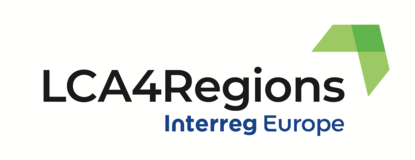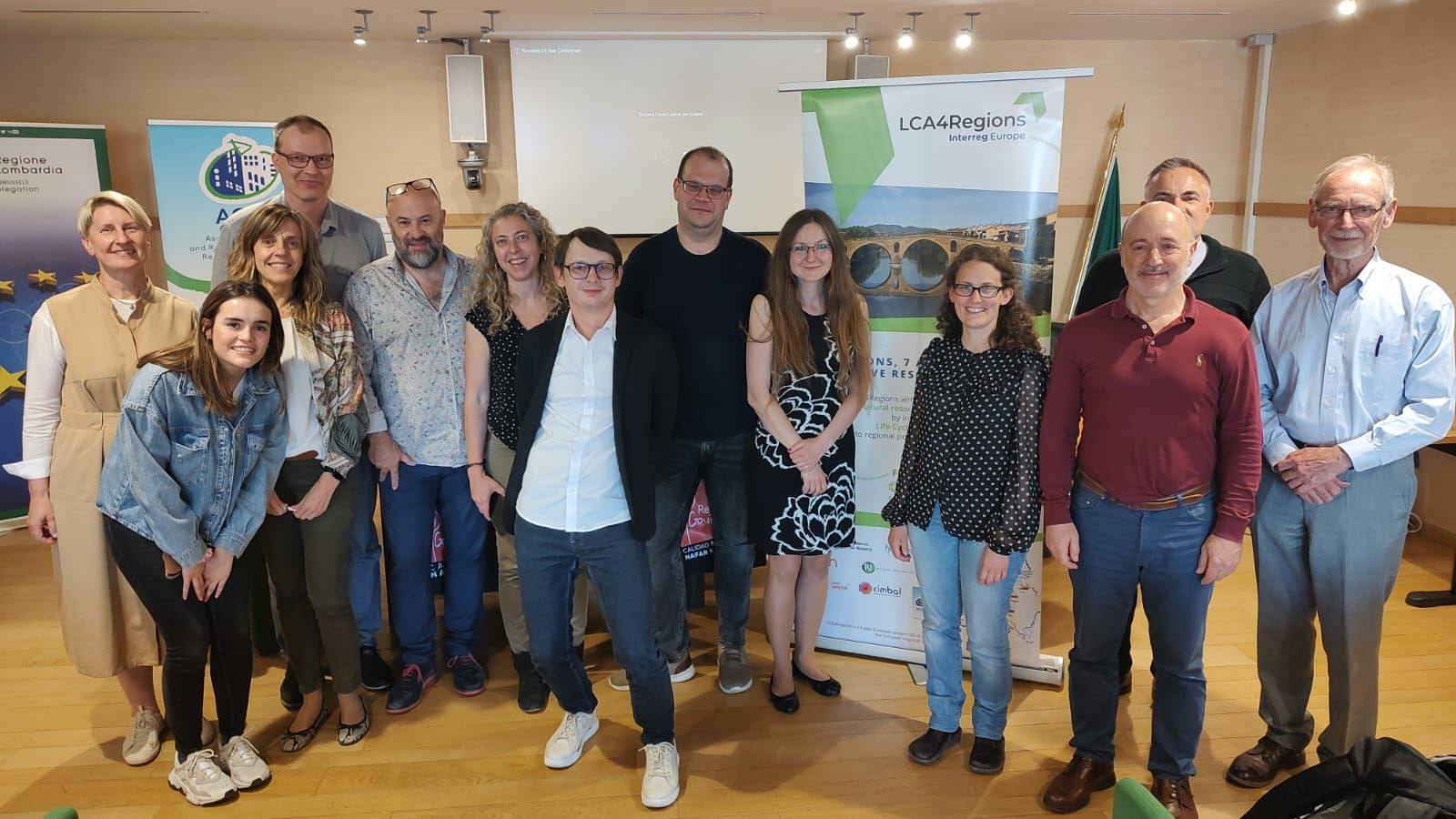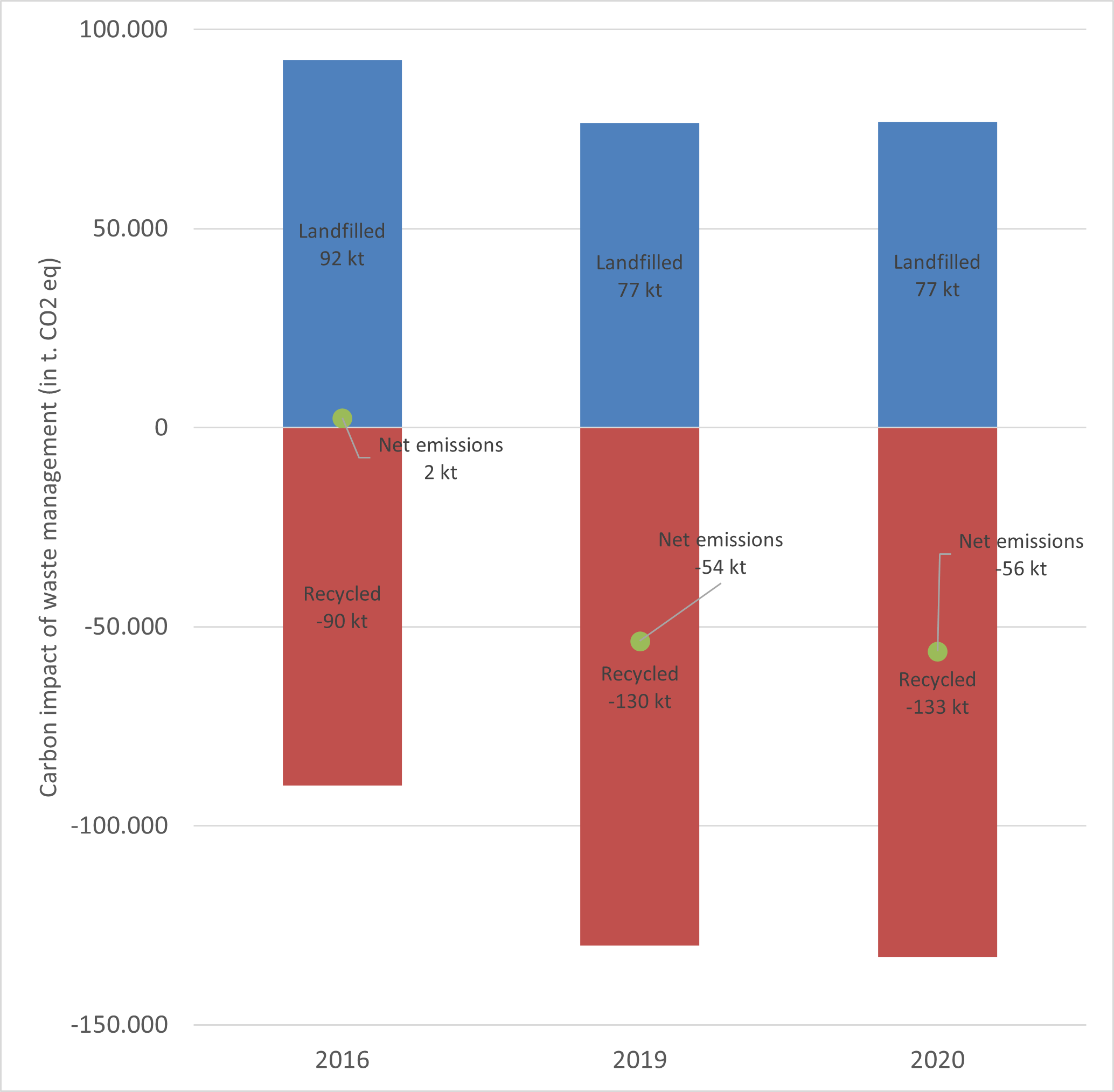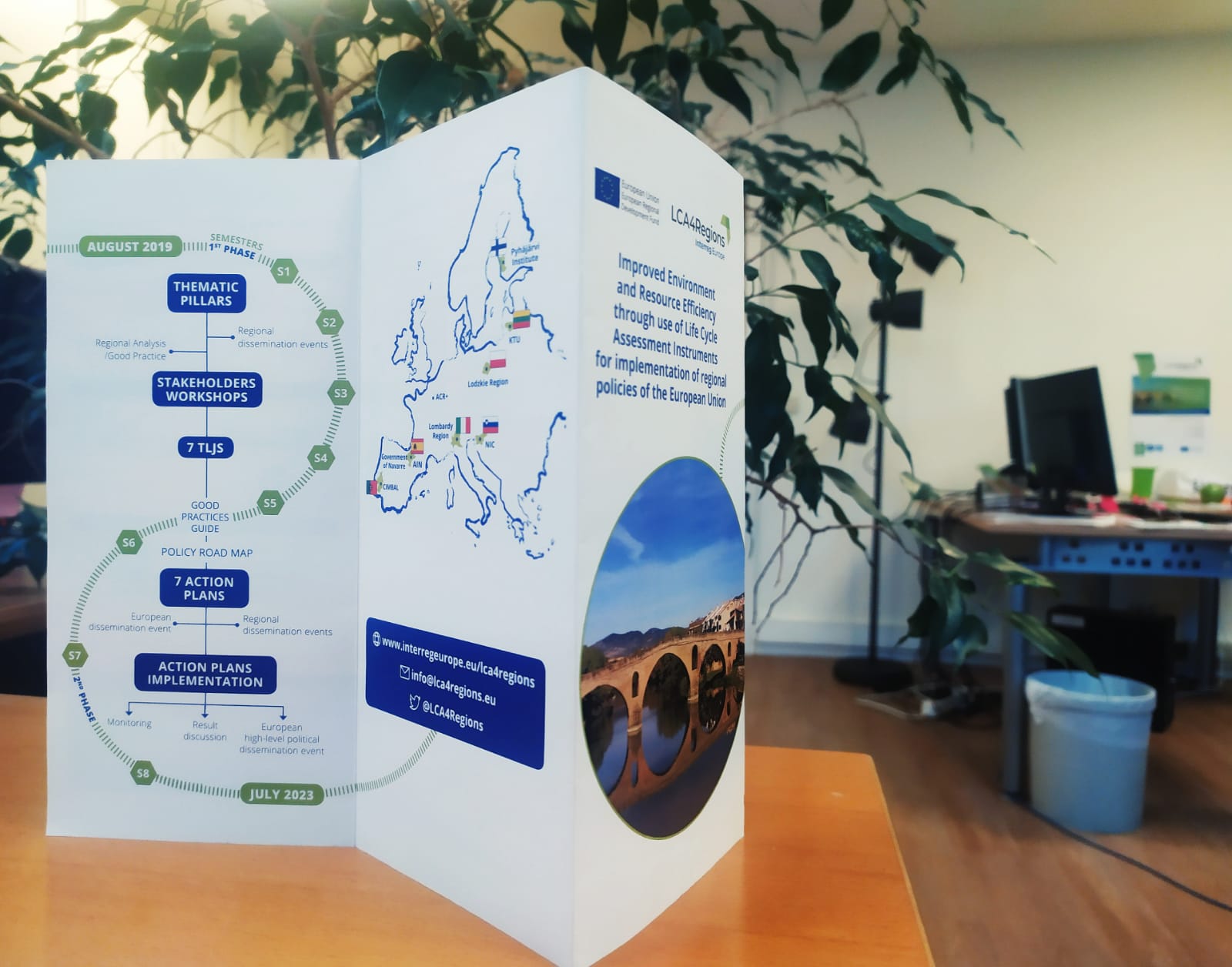The first semester is ending but you might have questions on LCA4Regions, its genesis, its aim? Read the Q&A to know everything about our project.
We are an interactive project where dialogue is always at the forefront, so send us your questions at [email protected]! It will be published on the website together with our answer.
This section is meant to guide you throughout the project's key concepts.
What is the project about?
LCA4Regions is still a baby among the Interreg EU projects, it was only born the 1st of August 2019, but it has a huge ambition: it wants to help regions to improve the resource-efficiency of their policy instruments putting into practice a holistic life cycle thinking approach. LCA4Regions aims at improving environmental policy instruments applying the LC (life cycle) approach, which foresees a more systematic way of thinking. LC takes into account the entire life cycle of projects and products and leads to more effective programmes.
What is LCA?
LCA, or to give it the full title, Life Cycle Assessment, is a systematic way of reducing environmental and social impacts inherent in the life cycle of projects, products, and materials. It does this by quantifying the inputs, emissions, wastes and other consequences along the entire life chain according to a formal procedure standardised under ISO 14 040. (F. Balkau)
A life cycle perspective includes then the consideration of the environmental impact of activity at each stage … impacts of what in this case, as it is not related to a specific business?
That is exactly what LCA4Regions will clarify. This method is widely used in the business sector, but not yet well-known and developed for public policies. LCA4Regions wants to create a dialogue between the wide LC technical knowledge and those who are able to put it into practice, policymakers.
Why regions?
LCA4Regions wants to recall the importance of regions in sustainable development and to highlight the role of life cycle approaches in addressing sustainability programmes and policies. Regions are an underestimated force in national and international development. We believe in the following:
• Regions have growing independence, responsibilities & budgets;
• Many regions have more coherent sustainability initiatives than their national governments!
• Regions are strongly promoting long-term development plans;
• Regions are embedded in global supply chains;
• Regions are major purchasers of goods and services;
• Many regions formulate and promote locally branded products;
• Regional authorities could have a significant influence in policy instruments decision-making and in setting the legal framework at the local level.
Why does the project image feature a bridge?
LCA4Regions represents the link between different regions, whose different characteristics will be the strength of the project. LCA4Regions aims at eliminating barriers and making differences our point of force, following the principles that Interreg Europe transmits to us. The project connects regional policies around Europe to put together diverse expertise and create the playing field for a more cohesive frame of competences on the topic. What’s on the other side? Let’s cross this bridge together.
Who is working behind LCA4Regions?
The project involves 7 European regions. They will exchange experiences and expertise in order to come up with 7 action plans to improve regional policies, learning from each other.
More concretely, LCA4Regions gathers 4 regional public authorities, 3 education and research institutions, an industrial association and an international network of local and regional authorities as advisory partner. LCA4Regions seems to have all the ingredients to succeed!
How long is the project?
Follow the path on the leaflet: LCA4Regions just started it in August 2019, and we are now walking on the very first part of this green route. The first semester of the 1st phase of work is about to finish, and we will soon see together the first conclusions (stay tuned!). The project will last 4 years and it will get the implementation of 7 action plans in 2023.

Now, the most important part of this project: YOU.Is something still unclear?
Send us your questions at [email protected]! We will publish and answer to them.










